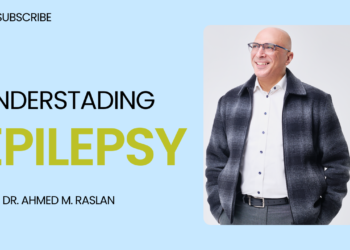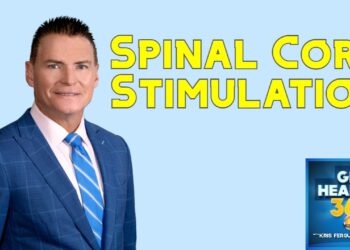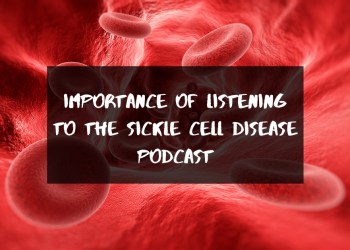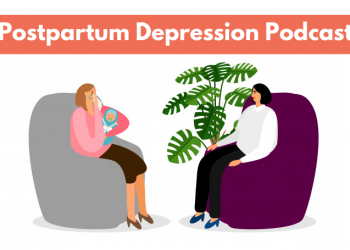Popping Ibuprofen like candy puts you at risk for a heart attack!
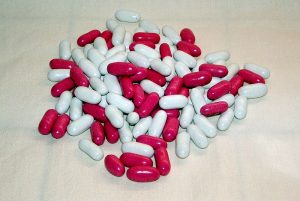
Anything in sufficient quantity can kill you. Over the counter medication is often seen as harmless and few read directions. Did you know that non-steroidal anti-inflammatory medication such as ibuprofen is associated with cardiac arrest? It is strongly recommended that if you have a new pain, worsening pain or pain that won’t go away, you should speak with your health care provider.
The Research
Eur Heart J Cardiovasc Pharmacother. 2017 Apr 1;3(2):100-107. doi: 10.1093/ehjcvp/pvw041.
Non-steroidal anti-inflammatory drug use is associated with increased risk of out-of-hospital cardiac arrest: a nationwide case-time-control study.
Sondergaard KB1, Weeke P2, Wissenberg M1,3, Schjerning Olsen AM1, Fosbol EL2, Lippert FK3, Torp-Pedersen C4, Gislason GH1,5, Folke F1,3.
1
Department of Cardiology, Copenhagen University Hospital Gentofte, Kildegaardsvej 28, 2900 Hellerup, Denmark.
2
The Heart Centre, Copenhagen University Hospital Rigshospitalet, Blegdamsvej 9, 2100 Copenhagen Ø, Denmark.
3
Emergency Medical Services, Copenhagen, the Capital Region of Denmark, Telegrafvej 5, 2750 Ballerup.
4
Institute of Health, Science and Technology, Aalborg University, Fredrik Bajers Vej 7D, 9220 Aalborg Ø , Denmark.
5
National Institute of Public Health, University of Southern Denmark, Øster Farimagsgade 5A, 2, 1353 Copenhagen K, Denmark.
Abstract
Aims:
Non-steroidal anti-inflammatory drugs (NSAIDs) are widely used and have been associated with increased cardiovascular risk. Nonetheless, it remains unknown whether use of NSAIDs is associated with out-of-hospital cardiac arrest (OHCA).
Methods and results:
From the nationwide Danish Cardiac Arrest Registry, all persons with OHCA during 2001-10 were identified. NSAID use 30 days before OHCA was categorized as follows: diclofenac, naproxen, ibuprofen, rofecoxib, celecoxib, and other. Risk of OHCA associated with use of NSAIDs was analysed by conditional logistic regression in case-time-control models matching four controls on sex and age per case to account for variation in drug utilization over time. We identified 28 947 persons with OHCA of whom 3376 were treated with an NSAID up to 30 days before OHCA. Ibuprofen and diclofenac were the most commonly used NSAIDs and represented 51.0% and 21.8% of total NSAID use, respectively. Use of diclofenac (odds ratio [OR], 1.50 [95% confidence interval (CI) 1.23-1.82]) and ibuprofen [OR, 1.31 (95% CI 1.14-1.51)] was associated with a significantly increased risk of OHCA. Use of naproxen [OR, 1.29 (95% CI 0.77-2.16)], celecoxib [OR, 1.13 (95% CI 0.74-1.70)], and rofecoxib (OR, 1.28 [95% CI 0.74-1.70)] was not significantly associated with increased risk of OHCA; however, these groups were characterized by few events.
Conclusion:
Use of non-selective NSAIDs was associated with an increased early risk of OHCA. The result was driven by an increased risk of OHCA in ibuprofen and diclofenac users.

